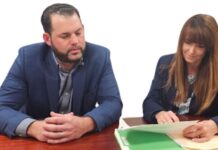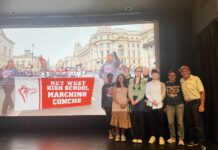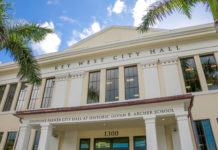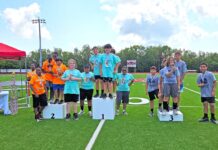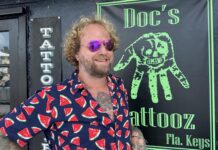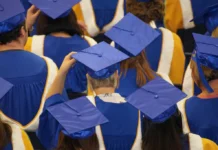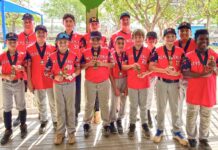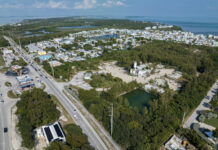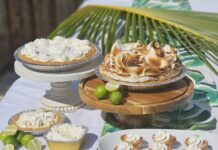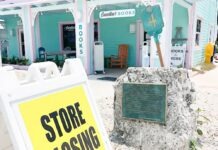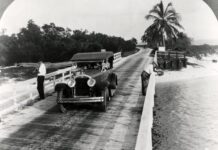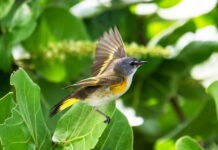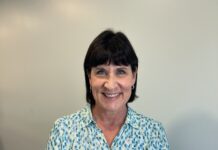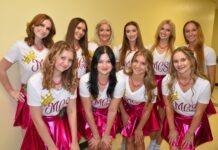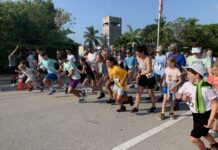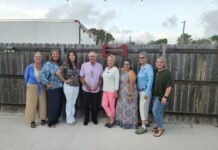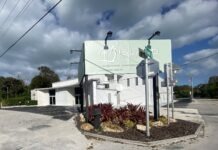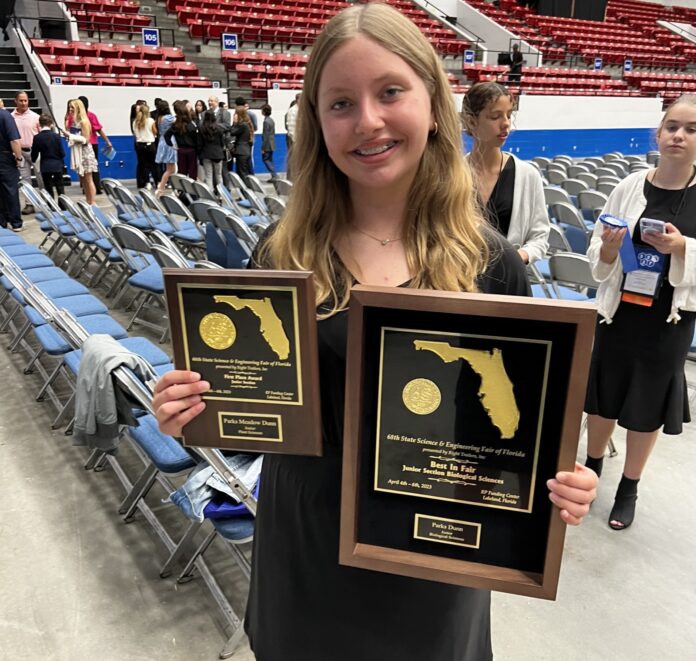
In April, Plantation Key School student Parks Dunn wowed judges at the State Science and Engineering Fair with her project examining microgravity’s role in seed germination. Now, Parks seeks to bring her project to the national level in Washington D.C., having applied to present at the Thermo Fisher Scientific Junior Innovators Challenge in October.
Parks, a standout student in her seventh-grade class, has also been called to discuss her surprising results with Florida scientists, having gathered valuable insights on the effects of changed gravitropism on plant growth.
Parks’ experiment, which won first place for Junior Division’s Plant Sciences category and a Ying Scholar Best-in-Fair award, involved comparing the growth of cress plants (a fast-growing herb) under simulated microgravity conditions on a rotating, horizontal axis, a setup known as a clinostat, and a vertical axis. To create a working clinostat, Parks worked long hours to learn how to program an Arduino microcontroller. Once she’d finished her setup, she checked cress seed growth at 17-, 27-, and 36-hour intervals, eventually observing a “pretty significant” difference in plant lengths for the two setups.
In her results, Parks discovered that the microgravity conditions of the clinostat were conducive to plant growth, and gathered data that could be useful in astrobotany research.
Parks also got attention for her experiment outside of the science fair. A scientist from the University of Florida (UF) discussed with her a similar experiment UF had done and how their setups and results differed. Researchers at UF had been studying the way that salt affected plant gravitropism, or the way in which a plant adjusts its growth and orientation in response to gravity or other stimuli.
“The scientist had been very surprised by how much the difference (in plant growth) was in that short period of time,” said Parks.
By winning the state science fair and gaining attention from researchers, Parks has had a unique opportunity to explore the field in which she hopes to study.
“I understand the language of science the same way some people understand English,” Parks said. “I want to pursue a STEM (Science Technology Engineering and Mathematics) major. It’s just so interesting to me.” Parks is also deeply interested in the potential of life in space, and hopes to study astrophysics in college. Speaking about the people who inspired her to pursue those goals, Parks said, “With my teachers and my parents, I don’t feel pressured to be something I’m not. They’ve inspired me to go out on my own and do something that’s interesting to me.”
After her successes at the state level, Parks applied to compete in the Thermo Fisher Scientific Junior Innovators Challenge in Washington, D.C. The event, which receives thousands of applicants each year who are accepted through a highly selective process, seeks to showcase the most innovative STEM projects from around the nation. Yet Parks, in progressing through district and state level competitions, has already overcome many challenges to become the first PKS student to win at the state level for their STEM fair projects.
Michele Houston, the STEM teacher at PKS and Parks’ adviser during the science fair, recalls vividly the moments leading up to Parks’ victory at the state science fair in Tallahassee.

“For an hour-and-a-half they’re announcing a lot of different awards, and a lot of Monroe County participants are winning them. We were so surprised Parks hadn’t gotten any. As the awards list got towards its end and they hadn’t read her name (or the names of the winners yet), we began to think she may have won the whole thing,” Houston said.
Houston’s suspicions turned out to be true. Parks was “really surprised” by her win, but according to her teacher, it had been well-earned.
“We knew the work behind it, her project was amazing. I definitely believe she will go into some type of science in the future,” Houston said. “It’s in her. This is the way she thinks. I just know that she will go far in life in the science field, and I know she will make a difference in the science world.”
